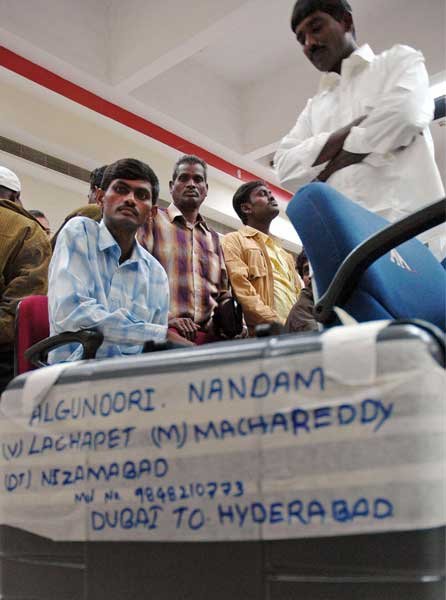
Old photo used for indicative purpose only
Shimla, Jan 28,
In a development, the Shimla Municipal Corporation (MC) passed a resolution empowering the state government to draft a one time settlement policy for land and house owners whose constructions in green, core, and merged areas remain unregularised. The resolution, proposed by Mayor Surinder Chauhan, was supported by councilor Narender Singh during a meeting of the Shimla house. The policy aims to provide one-time exemptions under the Town and Country Planning (TCP) Act, enabling relief to residents facing legal and regulatory hurdles.
Mayor Chauhan also suggested that the government should allow owners who had previously regularised their constructions to open the basements of their buildings for parking purposes. This step, he noted, would address the acute parking shortage in the city while optimising the use of existing infrastructure.
Shimla MC Commissioner Bhupinder Attri stated that the process to finalise the policy might take time, as the state government will now draft the policy based on the resolution passed by the MC house on Monday. Atri emphasised that the proposed policy would benefit people residing in the Shimla MC limits who had been unable to regularise their constructions due to stringent rules.
Background
The resolution comes in the wake of significant legal victories for the Himachal Pradesh government and Shimla MC. The Supreme Court recently quashed orders issued by the National Green Tribunal (NGT) and the Himachal Pradesh High Court, which had imposed restrictions on multistory constructions in Shimla. The state government, along with Shimla MC, had challenged these orders in the Supreme Court. The apex court not only set aside the earlier verdicts but also permitted the state to regularise constructions in accordance with Shimla’s development plans.
The Supreme Court’s decision has paved the way for the state government to frame a policy under new and existing TCP rules. The policy is expected to regulate both old and new constructions in green, core, and merged areas, offering a legal framework for regularising unapproved structures.
Before presenting the resolution in the Shimla MC house, the proposal was vetted by an additional advocate general of the Himachal Pradesh High Court to ensure legal compliance. The move is seen as an effort to balance the needs of urban development with environmental concerns and regulatory frameworks.
Mayor Chauhan highlighted the importance of the policy in addressing the challenges faced by residents who were unable to comply with stringent regulations in the past. By granting one-time exemptions, the government aims to provide relief while also ensuring that constructions align with the city’s development plans.
The proposal to use building basements for parking is another critical aspect of the resolution, as Shimla grapples with limited parking facilities amid growing urbanisation. The suggestion is likely to receive support from residents and stakeholders concerned about the city’s infrastructure challenges.
The one time settlemnt policy, once drafted and implemented, could mark a turning point for Shimla’s urban landscape, ensuring that development progresses in a regulated yet inclusive manner. For residents, it offers a much-needed opportunity to secure their properties and comply with legal requirements, paving the way for a more sustainable and well-regulated future for the city.

The HimachalScape Bureau comprises seasoned journalists from Himachal Pradesh with over 25 years of experience in leading media conglomerates such as The Times of India and United News of India. Known for their in-depth regional insights, the team brings credible, research-driven, and balanced reportage on Himachal’s socio-political and developmental landscape.










